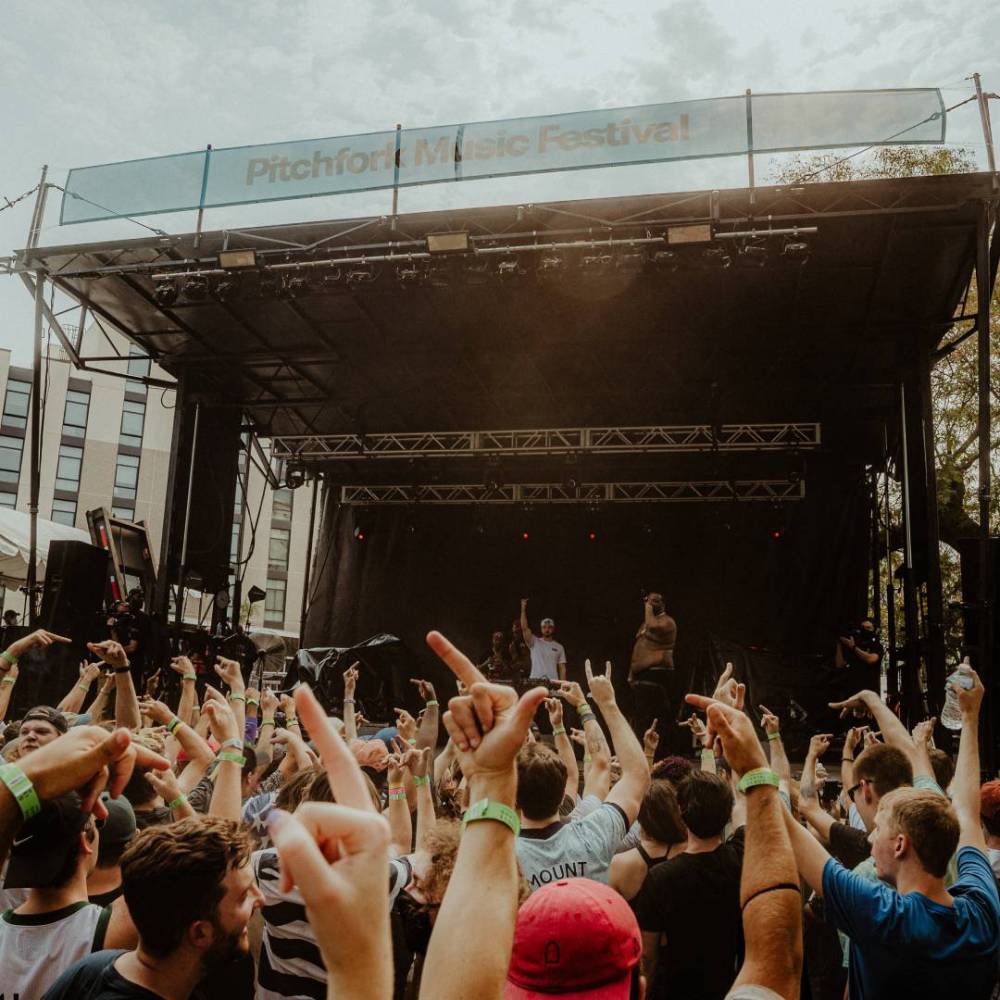Image via Julian Bajsel
Pranav Trewn finds peace in his vinyl record collection.
We have long been living on the precipice of a golden age, at least according to tech reporters. Advancements in computing ushered in the era of algorithms, which was then rebranded machine learning, and is now artificial intelligence. No matter the name, the underlying promise we have heard time and time again is that the power of data-crunching will soon transform society for the better. Yet rather than Web3, we have the freefalling “enshittification” of the internet. Instead of greater privacy and decentralization, we have meme coin ponzi schemes. We were told we would be living through the fourth industrial revolution, but this latest stage of capitalism appears to more closely resemble a dark age.
All this data being harvested is supposed to present an unprecedented opportunity for mankind to understand itself better. Yet reducing people down to categorical ones and zeroes has, unsurprisingly, flattened the human experience. Instagram’s “moderation” policies actively suppress political discourse, and Spotify thinks we all only want to hear “Espresso.” Some might say our feeds are “curated”, when really they no longer allow for a point of view.
This is affecting not only our online lives, but has reflected back to the material world that increasingly relies on tech companies’ invisible infrastructure and black box programming. Digital degradation has already largely swallowed much of the modern music industry – consolidating publications, concert venues, and promoters until now all that’s really left are a smattering of Substacks and a Live Nation monopoly.
It’s not much of an ecosystem, and this festival season has reflected it. With most lineups, you can almost smell the behind the scenes business considerations that led to each booking. There’s the agency picks and the package deals, the viral streaming sensation sitting alongside the reliable workhorse that can move tickets even if they no longer move the cultural needle. What it adds up to is a curiosity-free, meaningless grabbag that sums up to less than its parts, devoid of a raison d’etre beyond a fleeting attempt to retain a shallow semblance of as many marketable zeitgeists as possible.
All of this is to say, it’s a miracle that Pitchfork Music Festival – an artifact of the days when an online media publication could pull together the capital to run a three day, multi-genre event of its footprint – is still kicking.
My first time attending the festival was in 2016, and I was so charmed by the experience I went back each year until Covid disrupted my annual rhythms. Over those four consecutive visits, I was privileged to moments possible at very few other festivals. I saw FKA Twigs entrusted to hold court for a headlining show off of one album, Stereolab summon the sun after a brief emergency evacuation, and Jeff Rosenstock ignite a mud-soaked mosh pit by revealing his booking fee onstage. Most festivals leave you to chart your own path against a disorganized maze of buffet tables; Pitchfork instead feels like a thoughtfully coursed prix fixe, where you’re most excited for the dishes that are unfamiliar to you.
There is something pure about writers who are deeply invested in their scenes and spheres being entrusted with the purse strings to book talent, rather than leaving it to whatever would-be suit (if the music industry actually wore suits) is in charge of putting on a C3 event. Whether you have loved or hated Pitchfork over the years, in the dying days of music criticism (if not independent thought itself), we should appreciate that there is a marquee brand still committed to the arts. They continue to preserve the album review, expand their coverage to hyper-regional scenes and underground cultures, and give many early career artists their first big stage bookings.
I bought Pitchfork tickets on presale before the lineup was announced year over year because I trusted the brand to effectively tell their story of contemporary music, showcasing for me old and to-be favorites. Before my idealism for the industry was faded by economic realities, I hoped to one day see all of my favorite editorial voices conjure up similar festival magic (a POW Fest would go off, but maybe Pitchfork’s New Head of Editorial and POW alum Mano Sundaresan can help bring some of our perspective to future iterations of the festival).
This year marks my first time back since the pandemic, and hopefully the revival of one of my favorite live music traditions. And from all accounts from those who have gone since 2020, the pandemic has not led to any issues in quality control. I spoke with Seth Dodson and Liz Pesnel, Pitchfork’s respective Executive Director of Festivals and Events and Senior Director of BizOps, Finance, and Events, about preserving the magic. Both attended for years before working for Pitchfork – Seth started going in 2011, before working as a Production Director in 2016, Liz in 2008 before starting full time on the team over a decade later – and imagined they would still be going today even if they never had any affiliation with the festival. Our conversation touched on Pitchfork’s unique approach to booking, growing global footprint, and practices to be a good neighbor for the Chicago music scene.

